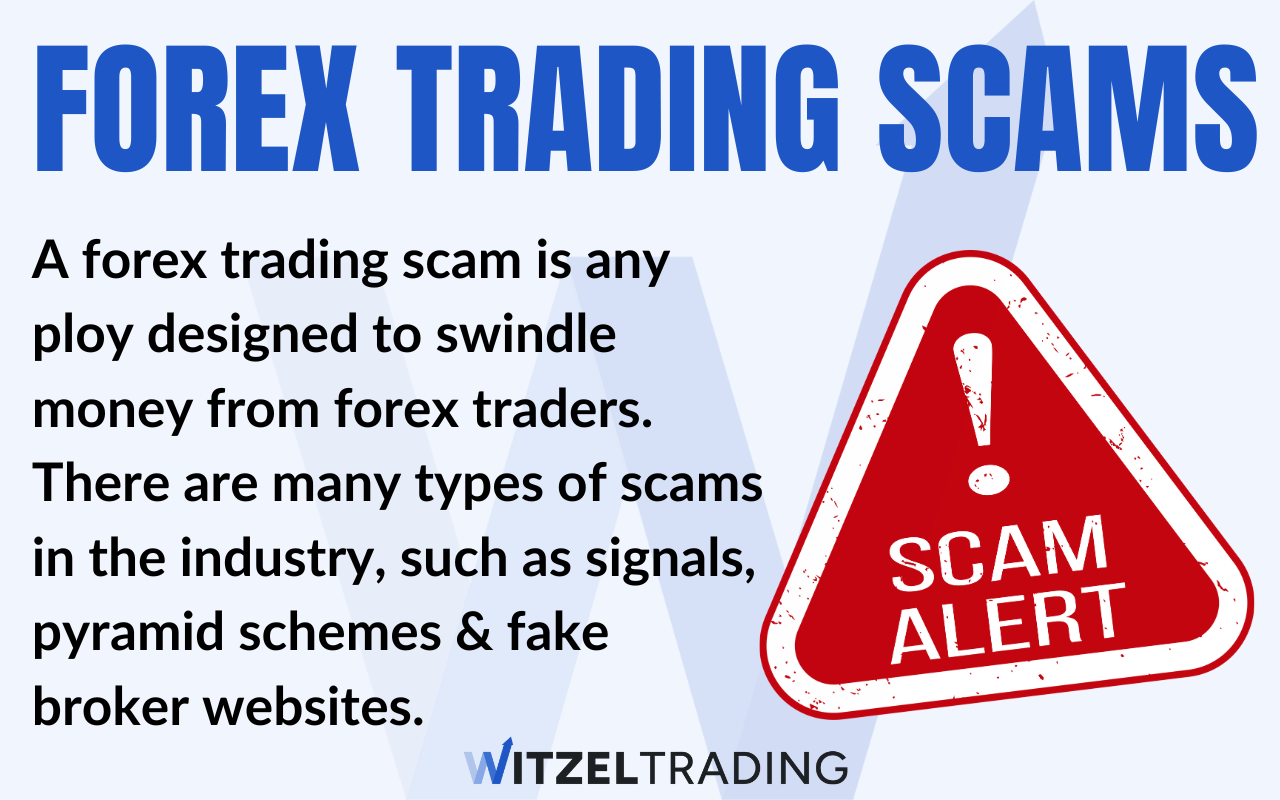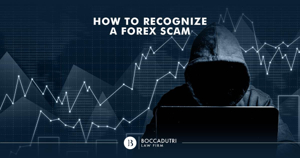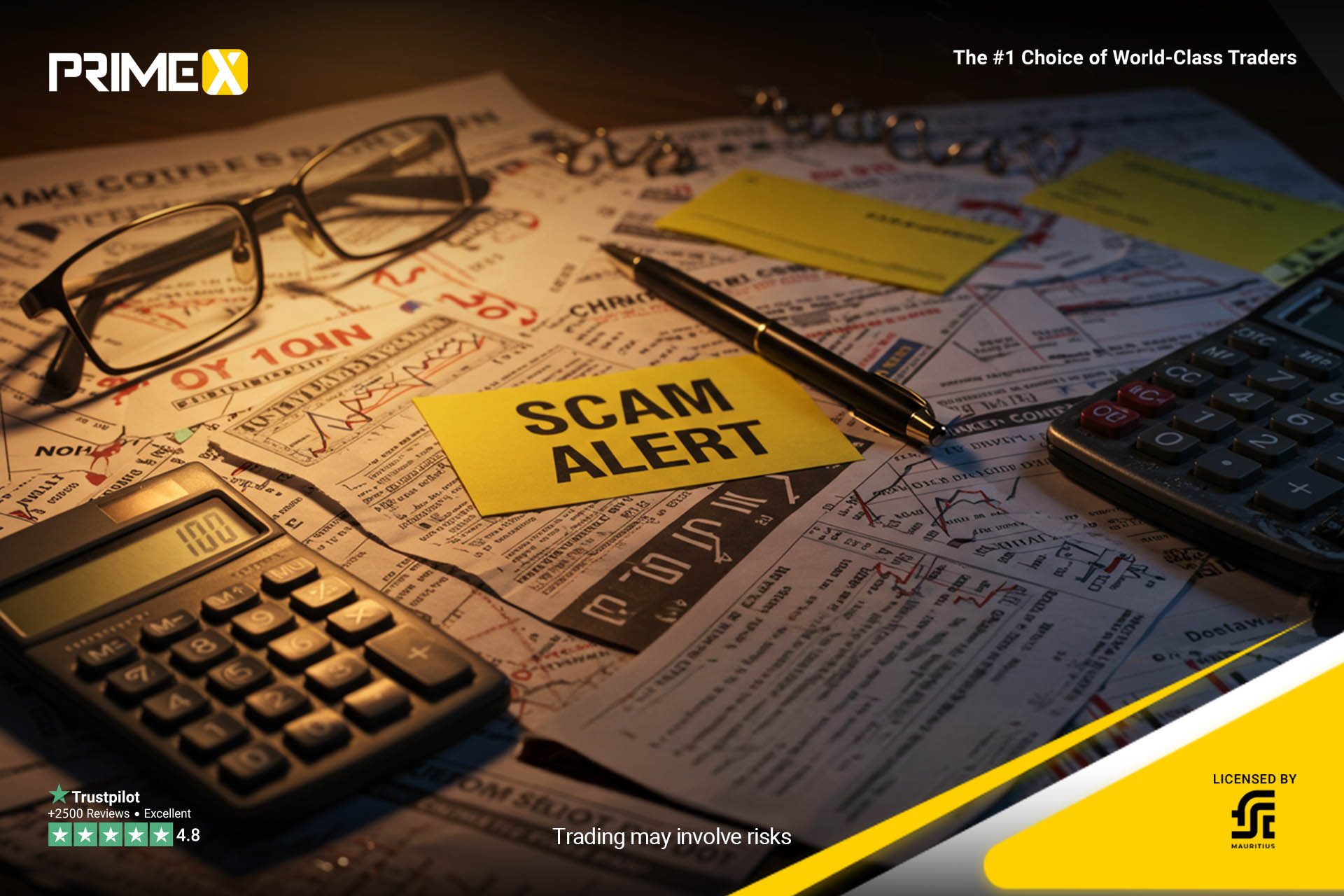If you’ve ever felt uneasy about trusting a Forex broker with your hard-earned money, you’re not alone. I’ve been there myself—excited to start trading, only to get lured in by big promises and fancy websites. And yeah, I almost got scammed. Thankfully, I pulled out before things got worse. But I’ve also met too many traders who didn’t get out in time.
Scam brokers prey on your inexperience. They talk fast, promise the world, and vanish the moment you ask to withdraw your profits. It’s painful to watch, and even more painful to go through. But here’s the thing—you can avoid most scams if you just know what to look for.
This guide walks you through 8 major red flags I’ve learned to spot over the years. We’ll dive into what makes a broker shady, how to verify their claims, and how real traders like us can stay safe.
Here’s what you’ll find in this article:
- How to recognize guaranteed-profit lies
- How to check if a broker is legally regulated
- How to handle withdrawal games and dodgy platforms
- What tools and websites I personally use to vet brokers
If you want to trade smart, this is where you start.
What Makes a Broker a Scam?
Forex scams aren’t new—but they’ve evolved. They wear the mask of professionalism. They flash slick platforms, fake reviews, and testimonials that seem “too perfect.” But under that surface? Lies, tricks, and a playbook designed to trap your money.
I remember checking out a broker who claimed to be “FCA regulated.” I copied their license number into the FCA Register—and guess what? It didn’t exist. That moment changed the way I vet brokers forever.
Scam brokers usually target:
- New traders eager to earn fast money
- People unfamiliar with license checks
- Traders from countries with weak regulations
If you’re in that zone, you’re a prime target. So let’s unpack each red flag and keep your trading journey safe.
Red Flag #1: Unrealistic Profit Guarantees
Let me get this straight: there is no such thing as guaranteed profits in Forex. If a broker tells you otherwise, they’re lying. Period. I once got a cold message promising 80% returns in 2 weeks—with “no risk.” That’s not a broker. That’s a scammer.
Here’s what these guarantees usually sound like:
- “We guarantee weekly profit of 15%”
- “Risk-free trading with our AI bot”
- “Get rich fast with zero knowledge”
These are emotional hooks. They work on fear and greed. But Forex is risky. Legit brokers never promise income. They provide tools, platforms, and transparency—not miracles.

Red Flag #2: Lack of Regulation or Fake Licenses
A broker without a license is like a surgeon without a degree. They might look the part, but they’ve got no business handling your future. And trust me, fake licenses are everywhere.
I always check a broker’s claims through real databases:
Don’t just take their license number at face value—look it up. Real regulators list names, URLs, and authorized services. If anything’s missing, walk away.

Red Flag #3: High-Pressure Sales Tactics
Ever had a broker call you five times in a day? I have. They used phrases like “This opportunity closes in 24 hours” or “Deposit now or lose your chance.” That kind of urgency? It’s a setup.
Scammers rely on emotion over logic. They don’t want you to research, compare, or think. Just deposit. Fast. Right now.
In contrast, real brokers let you decide. They give you demo accounts, FAQs, and time to explore. They don’t push. They educate. And that’s the difference.

Red Flag #4: Withdrawal Issues
This is where most people realize they’ve been scammed—but by then, it’s too late. You try to withdraw. They say:
- “You need to pay taxes first”
- “Your account is under review”
- “You didn’t meet the bonus requirements”
I’ve read hundreds of complaints like this on Forex Peace Army. Sometimes traders even get asked to deposit more just to unlock withdrawals. That’s theft wrapped in bureaucracy.
Want to test a broker fast? Open an account, deposit $50, trade once, and request a withdrawal. If they delay, excuse, or ghost you—get out immediately.

Red Flag #5: Poor Transparency
I once visited a broker site with no About Page, no company address, and a contact form that didn’t even work. That’s not just shady—it’s strategic. Scammers hide on purpose.
If a broker can’t tell you:
- Who owns the company
- Where they’re based
- How to reach support
…then you have every right to run. Reputable brokers list their executive team, their physical office, and their regulation proof. Not just vague “global presence” jargon.
Comparison Table: Scam vs Legit Broker Traits
| Trait | Scam Broker | Legit Broker |
|---|---|---|
| Regulation | Fake license or none | Verified with FCA, ASIC, SEC |
| Profit Claims | Guaranteed high returns | Disclaimers on risk |
| Withdrawal Process | Delays and conditions | Clear, fast, trackable |
| Contact Info | Missing or fake | Phone, email, address, chat |
Red Flag #6: Dodgy Website or Communication
I’ve seen broker websites with broken links, outdated news sections, and even typos in their main headline. That’s not just sloppy—it’s a clue. Scam brokers usually build cheap websites to look legit, but the details give them away.
Here’s what to look out for:
- Lots of grammar or spelling mistakes
- Fake testimonials with stock photos
- No SSL security (look for the lock icon in the URL bar)
One time, I checked a review claiming “John from Texas” made $10K in two days. A reverse image search of his photo showed the same guy on three different scam broker sites—same face, different names. That’s when I stopped trusting user reviews at face value.
Red Flag #7: Strange Trading Conditions
Some brokers throw crazy terms at you like 10-pip spreads on EUR/USD or leverage of 1:3000. That’s not competitive. That’s dangerous.
Scam brokers often use complex “terms of use” to trap you later. I once read a clause that said: “All withdrawals are subject to internal compliance audits and may be delayed indefinitely.” Sounds official, right? It’s pure manipulation.
Legit brokers are clear and upfront about fees, commissions, and conditions. If anything seems confusing—or intentionally vague—it’s time to walk away.
Red Flag #8: No Track Record or Fake Results
A broker that won’t show you past trading performance or verified stats? That’s a no from me. When I research brokers, I always ask for proof—verified by a third party like Myfxbook or FXBlue.
I’ve seen Photoshop screenshots, fabricated trade histories, and “live accounts” that mysteriously stop updating. If they’re hiding their results, you already know the truth.
Always ask: can they prove it? If not, it’s probably fake.
What to Do If You’ve Been Scammed
Let’s say the worst happens—you got scammed. First of all, breathe. It sucks, but you’re not alone. Thousands of traders have been there, including people I know personally. Here’s what you need to do next:
Report the Broker to a Regulator
File a complaint with the regulatory body the broker claims to be licensed by. If they’re faking a license, this helps get them blacklisted. Good starting points:
Explore Chargeback Options
If you deposited via credit card or PayPal, contact your provider. You might be able to dispute the transaction. Wire transfers are harder, but not impossible with enough documentation.
Warn Other Traders
Leave honest reviews on platforms like Forex Peace Army to warn others. The more awareness we create, the less power these scammers have.
FAQs
How do I know if a broker is regulated?
Check the broker’s license number on official sites like the FCA or ASIC. Don’t just trust a badge on their site—verify it yourself.
Can I get my money back from a scam forex broker?
It depends. If you used a card or payment service, you may be able to file a chargeback. But if it was crypto or wire transfer, recovery is tough. Reporting quickly improves your odds.
What should I do if I think I’ve been scammed?
Stop all contact with the broker. Gather all proof—emails, transaction records, chat logs—and report them to both financial authorities and your payment provider.
Is it normal for brokers to delay withdrawals?
Short delays happen. But if you get constant excuses, vague conditions, or requests for more money—that’s not normal. It’s a red flag.
Here’s What You Need to Remember
Let’s recap:
- Guaranteed profits = scam. No one can promise safe gains.
- Always verify licenses—don’t assume they’re legit.
- High-pressure tactics mean danger. Real brokers don’t rush you.
- Withdrawal issues are a classic sign of fraud.
- No transparency = red flag. Trust is built on facts, not fluff.
The final takeaway? You have power. With the right tools and awareness, you can trade smart and avoid falling into traps. I’ve made my mistakes—and learned from them—so you don’t have to.
Keep your eyes open, trust your gut, and never stop asking questions. Because in the world of Forex, your safety matters more than any trade.
